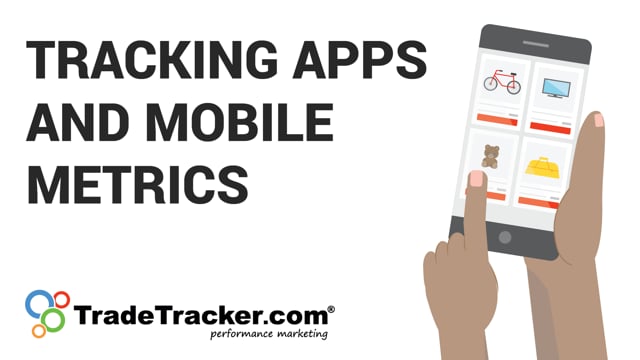History of Affiliate Marketing
The Beginning
The 90s brought upon the technological revolution that enjoyed the introduction of a little something we’re all pretty familiar with called the World Wide Web; although still in its infancy, it didn’t take long for a number of businesses to spring up on the platform to highlight their products and services.
The emerging popularity of search engines during the 90s led to mass organization of websites, making the Web a far easier platform to use and navigate and in-turn opened many doors for the standard everyday user. Many websites sprung up which utilised the ability of being found on search engines to provide an audience with a rich array of information; and for parting with their knowledge, in-time they naturally sought some compensation for doing so. Online advertising was then introduced in the basic models of CPM (cost per thousand impressions), CPC (cost per click) and fixed placement. These conventional models soon started seeing competition from more accountable options such as affiliate marketing.
Enter Affiliate Marketing
The monetisation of the web was inevitable, and affiliate marketing would fill the void in a way that no other advertising model could. The key function which proved popular was a ‘pay for performance’ aspect which utilised a commission model for proven results.
The model first became popular as mainstream e-commerce in 1994, then in 1996 Amazon was the first big name pioneer who capitalised on its rapid growth as online transactions increased year on year. Greater security, access, convenience and competitive pricing have all lead to an upsurge in the industry that only improved as technology grew alongside it.
The Boom
Conventional retailers soon realised the number of opportunities which existed online and soon opened online stores to run alongside their physical stores. The value was quickly realised by a number of performance driven industries, who found the low risk commission models as the perfect way to complement their businesses.
Affiliate marketing provided a variety of commission models which allowed a greater implementation across an assortment of web channels as you can now see instances of advertising in web content, email, social media, search engine advertising and much more. The changing nature of the web to providing user-generated content and the rise of the blogger has diversified the way in which people utilise affiliate marketing. Through the introduction of content management systems, email clients and rapid application development tools, they have opened up online opportunities to an array of people who no longer need the technical qualities of an advanced computer programmer.
As practices have evolved even further ‘affiliate marketing’ is now commonly being referred to as ‘performance marketing’ to complement the nature of the pay for performance model.
 Paul van Doorn
CEO TradeTracker.com
Paul van Doorn
CEO TradeTracker.com  Philip Keckeis
Managing Director TradeTracker International
Philip Keckeis
Managing Director TradeTracker International 


